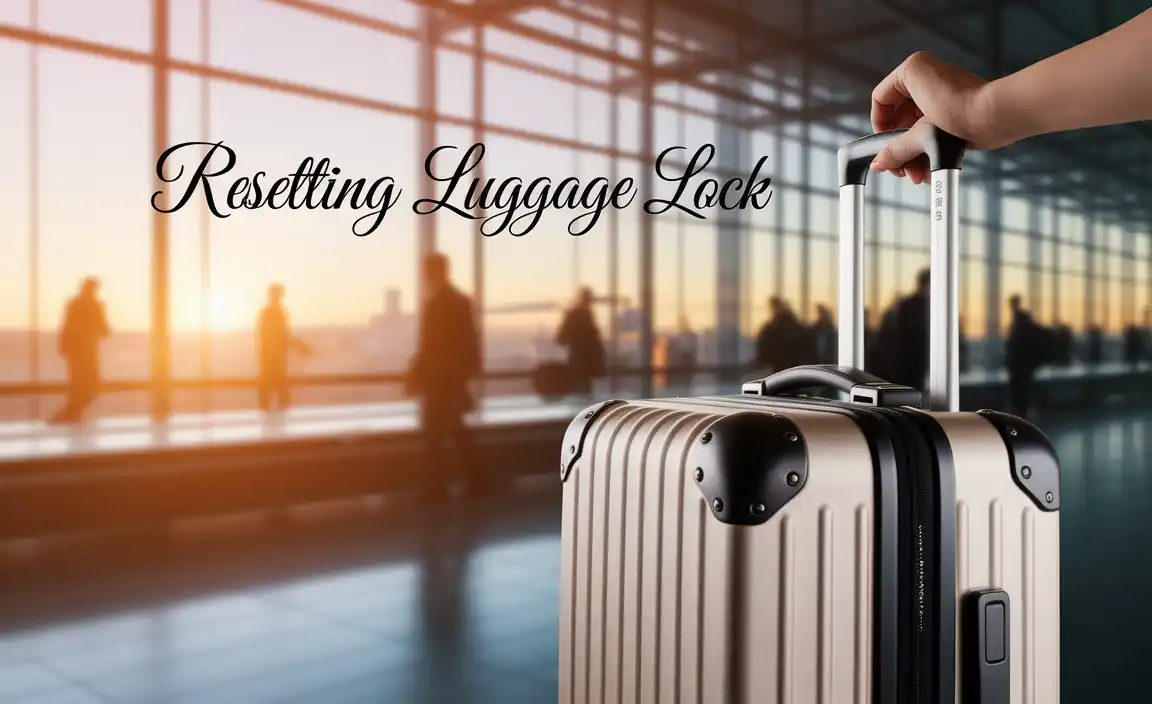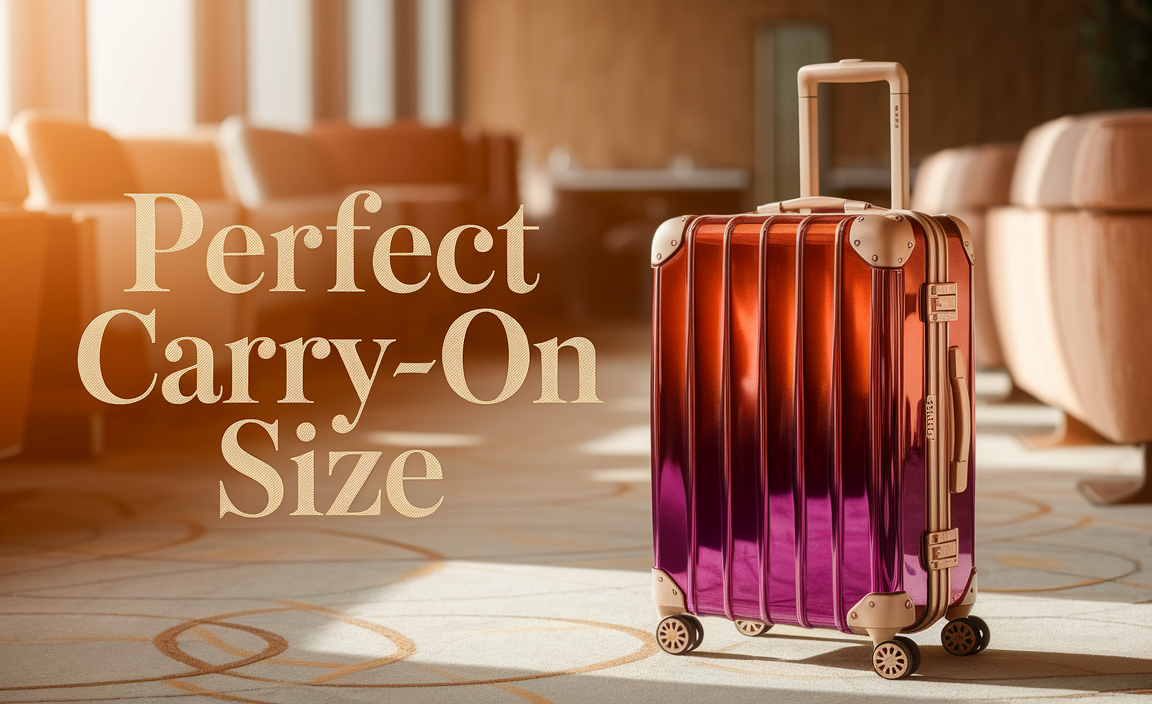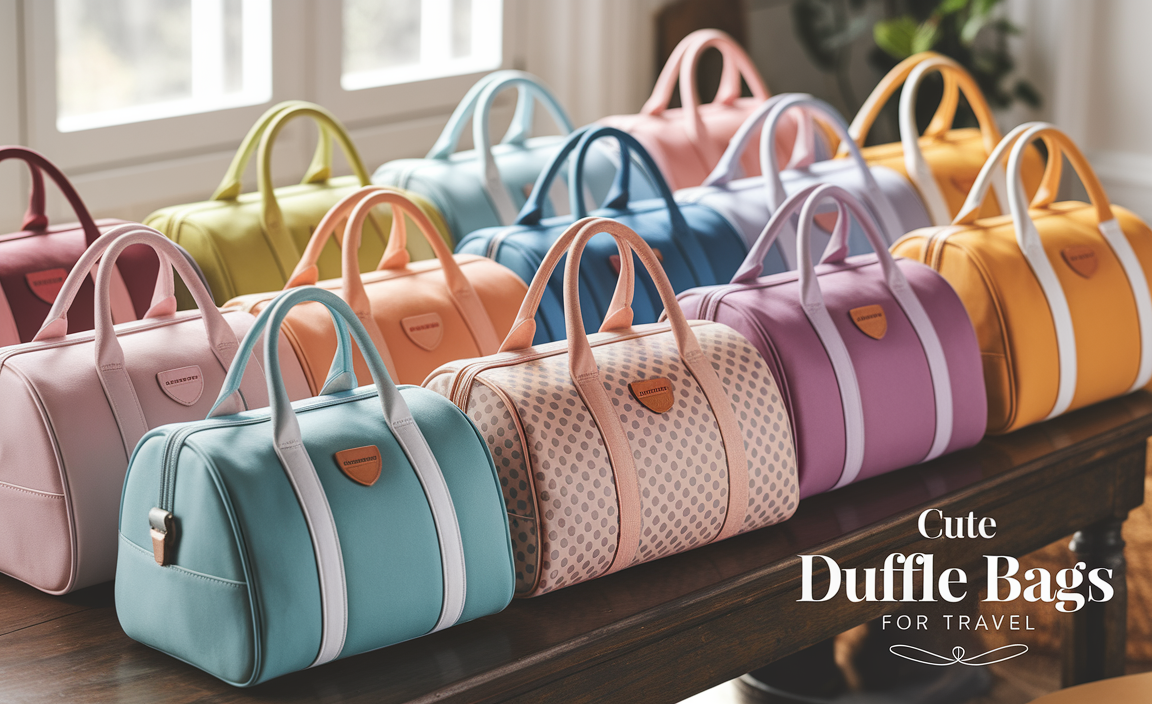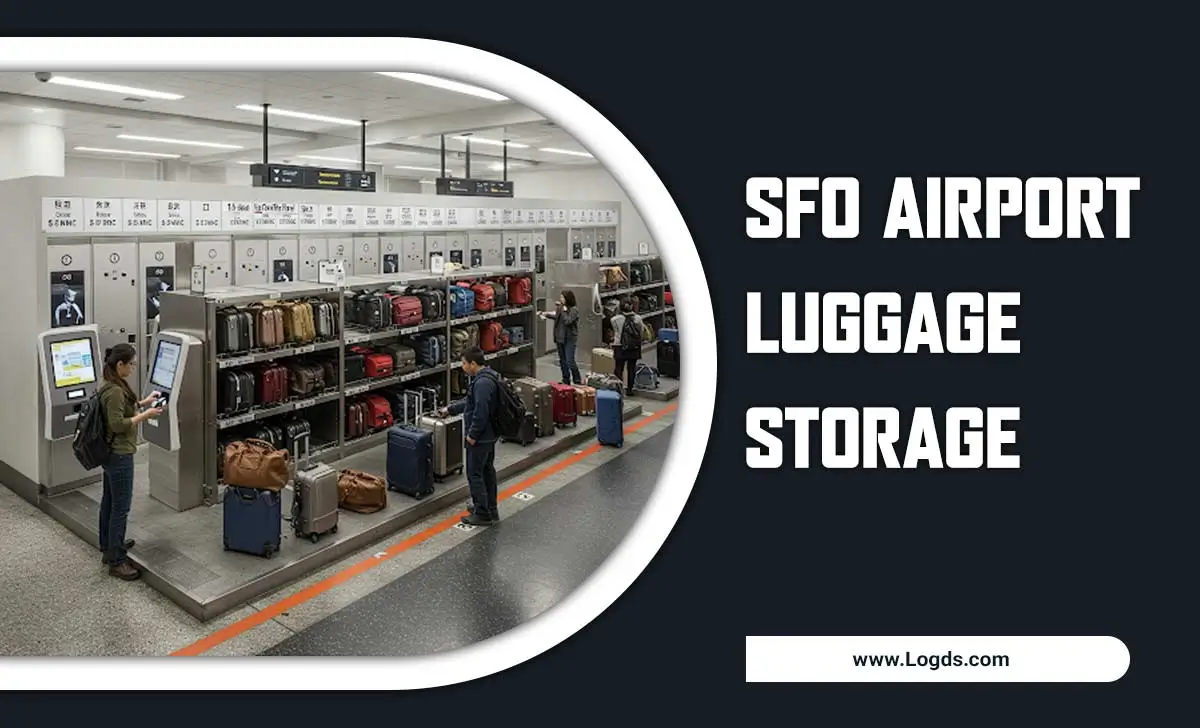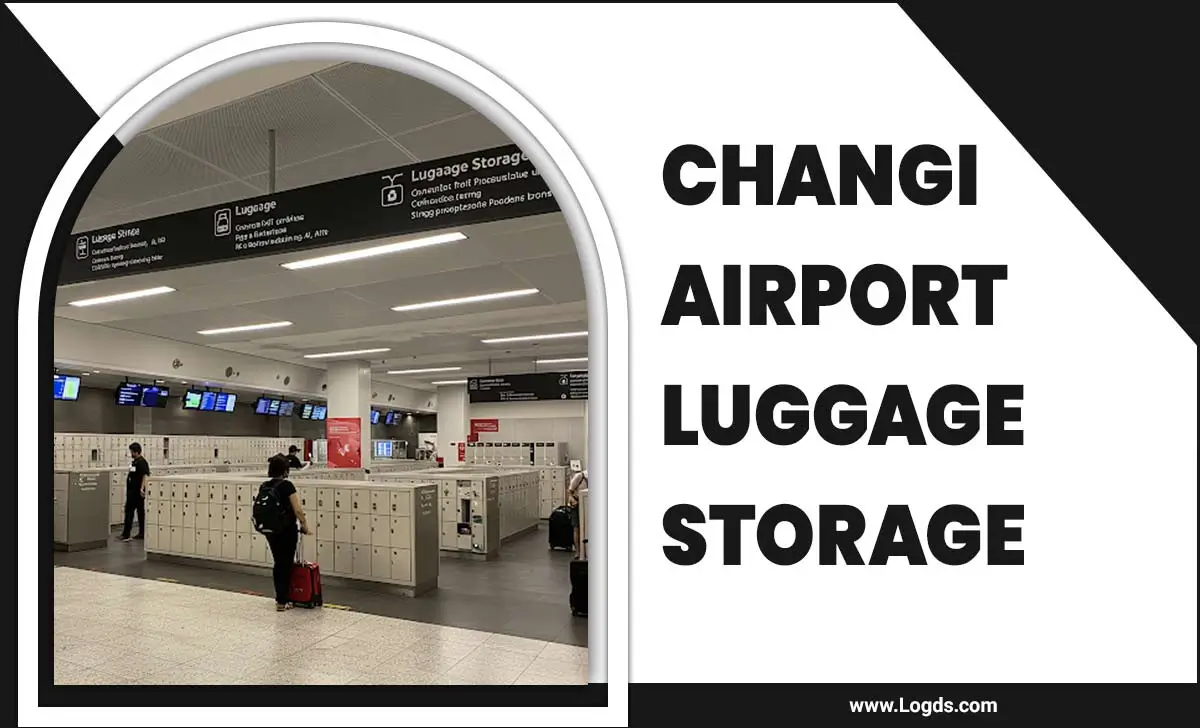There are many types of luggage available in the market, but the debate between hard and soft luggage has been ongoing for a long time. Both luggage types have advantages and disadvantages, so the question remains: which is better hard or soft luggage?
Manufacturers make hard luggage using polycarbonate, aluminum, and ABS plastic. Its durability and ability to protect fragile items are well-known. On the other hand, manufacturers make soft luggage from materials such as nylon, polyester, and leather.
Its flexibility and ability to fit into tight spaces are well-known. Choosing between hard and soft luggage depends on personal preference and the type of trip you are taking. Hard luggage is ideal for long trips or when carrying breakable items.
Soft luggage is more suitable for short trips or when packing bulkier items. The debate between hard and soft luggage is subjective and depends on individual needs and preferences. Read on.
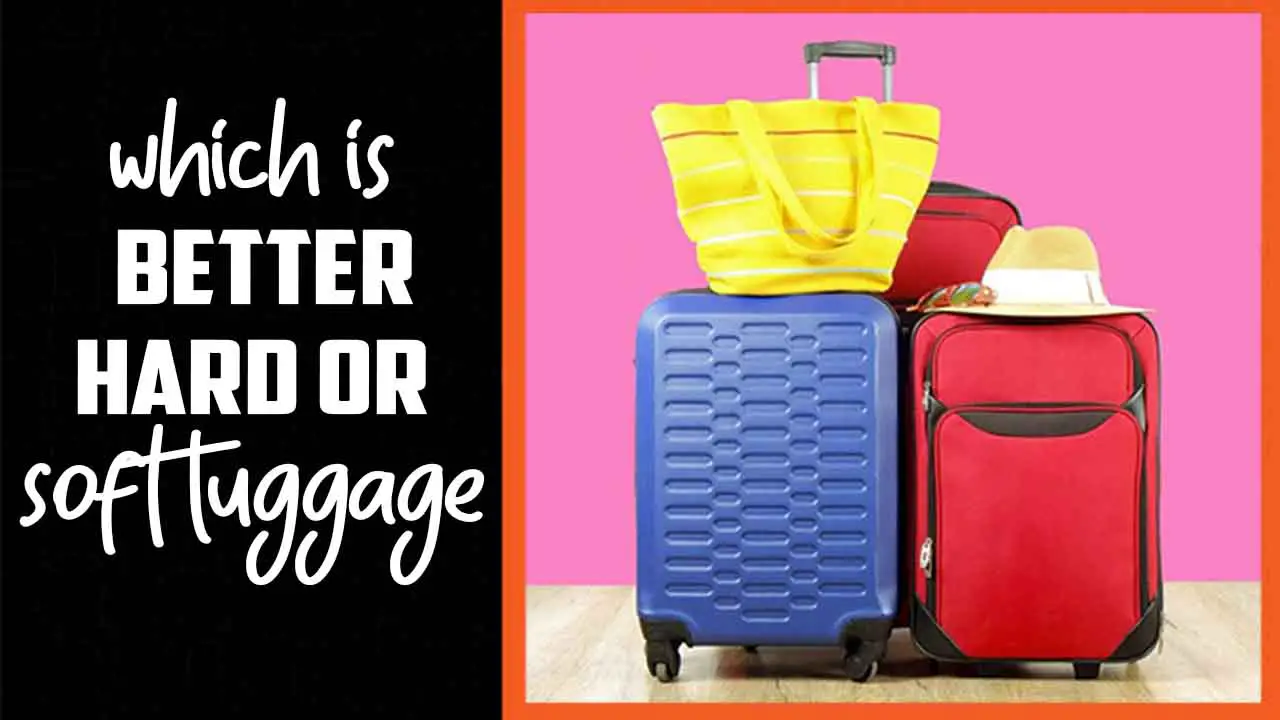
Which Is Better Hard Or Soft Luggage – A Comprehensive Comparison
There is no definitive answer to this question, as both luggage types have pros and cons. The best choice depends on your preferences, travel needs, and budget. However, some general factors to consider are durability, weight, storage, maneuverability, accessibility, material quality, style, climate, security, cost, maintenance, and eco-friendliness. We will compare and contrast which is better hard or soft luggage, on these criteria.
Durability And Protection
Hard luggage is more durable and protective than soft luggage, as it can withstand better impacts, scratches, and tears. Hard luggage also protects your belongings from water, dust, and dirt. However, hard luggage can crack or dent under extreme pressure or force and may not fit in some overhead bins or car trunks.
Soft luggage is more flexible and adaptable, expanding or compressing to fit different spaces. However, soft luggage is more prone to wear and tear and may not protect your items from spills or sharp objects.
Weight And Portability
Hard luggage is usually heavier than soft luggage, made of metal, plastic, or polycarbonate. This can add to your baggage weight limit, making it harder to carry or lift. However, hard luggage often comes with wheels and handles, making it easier to roll or drag.
Manufacturers usually make soft luggage using nylon, polyester, or leather fabrics because it is lighter than hard luggage. This can save you some weight and make it easier to carry or lift. However, soft luggage may not have wheels or handles that make it easy to roll or drag.
Storage And Capacity
Hard luggage has a fixed shape and size, limiting storage and capacity. It may not be able to accommodate irregular or bulky items or allow you to pack more if needed. However, hard luggage has a rigid structure that prevents it from sagging or collapsing when empty or full.
Soft luggage has a flexible shape and size, allowing for more storage and capacity. It can accommodate irregular or bulky items or allow you to pack more if needed. However, soft luggage has a loose structure that may cause it to sag or collapse when empty or full.
Manoeuvrability And Mobility
Hard luggage is more maneuverable and mobile than soft luggage, with wheels that can rotate 360 degrees and glide smoothly on different surfaces. Hard luggage has handles extending or retracting to suit your height and comfort. However, hard luggage may be harder to control or steer in crowded or narrow spaces or uneven terrain.
Soft luggage is less maneuverable and mobile than hard luggage, as it may not have wheels that can rotate 360 degrees or glide smoothly on different surfaces. Soft luggage also may not have handles that can extend or retract to suit your height and comfort. However, soft luggage may be easier to control or steer in crowded or narrow spaces or uneven terrain.
Accessibility And Convenience
Hard luggage is less accessible and convenient than soft luggage, with a single compartment that opens like a clamshell. This means you have to open the entire suitcase to access your items, which can be inconvenient in tight spaces or when you need something quickly. Hard luggage also may not have external pockets or compartments that allow you to store small items like documents, keys, or chargers.
Soft luggage is more accessible and convenient than hard luggage, with multiple open compartments like a book. This means you can open only the part of the suitcase you need to access your items, which can be convenient in tight spaces or when you need something quickly. Soft luggage also may have external pockets or compartments that allow you to store small items like documents, keys, or chargers.
Material Quality And Longevity
Luggage made of hard materials has a higher material quality and longevity than soft luggage. They are more resistant to damage, fading, or staining. Hard luggage retains its shape and color over time and does not require much maintenance or cleaning. However, hard luggage may be more expensive than soft luggage and not covered by warranty or repair services.
Soft luggage has a lower material quality and longevity than hard luggage, as it is made of materials more susceptible to damage, fading, or staining. Soft luggage also loses shape and color over time and may require more maintenance or cleaning. However, soft luggage may be cheaper than hard luggage and may be covered by warranty or repair services.
Style And Design
Hard luggage has a more modern and sleek style and design than soft luggage, which comes in various colors, patterns, and textures. Hard luggage also has a more uniform and symmetrical appearance and may have features like locks, zippers, or straps that enhance its look.
However, hard luggage may be more common and less unique than soft luggage and may not reflect your personality or taste. Soft luggage has a more classic and cozy style and design than hard luggage, which comes in various fabrics, prints, and embellishments.
Soft luggage also has a more varied and asymmetrical appearance and may have features like patches, stickers, or tags that enhance its look. However, soft luggage may be outdated and less trendy than hard luggage and may not suit your fashion or preference.
Climate And Weather Considerations
Hard luggage is more suitable for cold and wet climates and weather conditions than soft luggage, as it is more waterproof and insulating. Hard luggage protects your belongings from snow, rain, or humidity and does not absorb moisture or odors. However, hard luggage may be more affected by heat and sun exposure than soft luggage and may warp or fade over time.
Soft luggage is more suitable for hot and dry climates and weather conditions than hard luggage, which is more breathable and cooling. Soft luggage also allows your belongings to ventilate and air out and does not retain heat or odors. However, soft luggage may be more affected by water and dirt exposure than hard luggage and may mold or stain over time.
Security And Theft Prevention
Hard luggage is more secure and theft-proof than soft luggage, which is harder to break into or tamper with. Hard luggage also has locks that can prevent unauthorized access or opening and may have tracking devices to locate your suitcase if lost or stolen. However, hard luggage may be more noticeable and attractive to thieves than soft luggage and may not fit in some lockers or storage facilities.
Soft luggage is less secure and theft-proof than hard luggage, as it is easier to break into or tamper with. Soft luggage also may not have locks that can prevent unauthorized access or opening and may not have tracking devices that can locate your suitcase if lost or stolen. However, soft luggage may be less noticeable and attractive to thieves than hard luggage and may fit in some lockers or storage facilities.
Cost And Value
Hard luggage is more costly and valuable than soft luggage, as it is made of more expensive and durable materials. Hard luggage also lasts longer, performs better than soft luggage, and may have features that justify its price. However, hard luggage may not be worth the investment if you travel infrequently or lightly or prefer variety or change.
Soft luggage is less costly and valuable than hard luggage, as it is made of cheaper and less durable materials. Soft luggage also wears out faster, performs worse than hard luggage, and may have fewer features that justify its price. However, soft luggage may be worth the investment if you travel frequently or heavily or prefer flexibility or convenience.
Maintenance And Cleaning
Hard luggage is easier to maintain and clean than soft luggage, as it does not accumulate much dirt or dust. Hard luggage also can be wiped or washed with a damp cloth or soap and water and does not need to be dried or ironed. However, hard luggage may scratch or crack if not handled or stored properly and must be polished or repaired.
Soft luggage is harder to maintain and clean than hard luggage, as it accumulates more dirt or dust. Soft luggage also may need to be vacuumed or brushed with a lint roller or cloth and may need to be washed or dry-cleaned. However, soft luggage may tear or rip if not handled or stored properly and must be sewn or patched.
Eco-Friendliness And Sustainability
Hard luggage is less eco-friendly and sustainable than soft luggage, as it is made of non-biodegradable, non-recyclable, or non-renewable materials. Hard luggage also consumes more energy and resources in production, transportation, and disposal and may emit harmful chemicals or gases.
However, hard luggage reduces waste and pollution by lasting longer and requiring less replacement. Soft luggage is more eco-friendly and sustainable than hard luggage, as it is made of biodegradable, recyclable, or renewable materials.
Soft luggage also consumes less energy and resources in production, transportation, and disposal and may emit fewer chemicals or gases. However, soft luggage increases waste and pollution by wearing out faster.
Conclusion
The debate over which is better hard or soft luggage, ultimately comes down to personal preference and travel needs. While hard luggage offers superior protection and durability, it may be heavier and less flexible than soft luggage.
On the other hand, soft luggage is typically more lightweight and easier to maneuver but may not offer the same level of protection for fragile items. It’s important to consider your travel habits and destination when deciding between the two.
Hard luggage may be the better choice if you’re traveling to rugged terrain or transporting fragile items. Soft luggage may be the way to go if you’re looking for a lightweight and versatile option. Choosing between hard and soft luggage is a matter of personal preference and circumstance.
FAQ’s:
[rank_math_rich_snippet id=”s-76d018bc-5c1d-4681-a04f-df5c5e9c3a05″]

